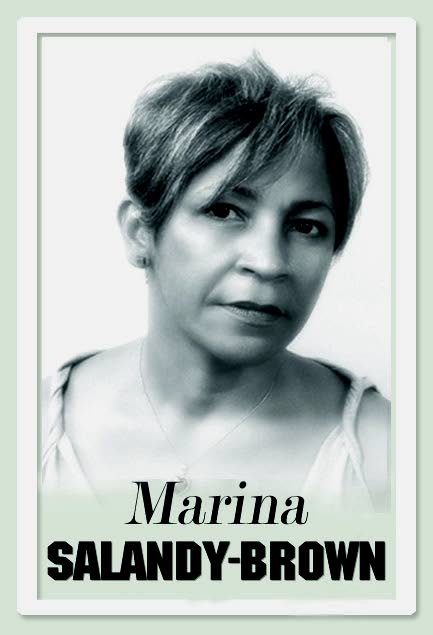In the national interest

At approximately 9 am on February 1, my British Airways flight touched down at London Gatwick airport.
The stewardess promptly announced new immigration procedures operating in the arrivals hall. The gist of the information was that UK arrivals no longer followed signs for EU passengers but for UK passengers.
I did not know exactly what to expect but I guessed that the queues for British arrivals would be much shorter than those for everyone else, and they were impressively so.
Controlling UK borders and immigration was a major bugbear for Brexiteers, so landing on that newly “liberated” British soil was poignant. I thought, “So, it was for this exercise of power and independence that the British tore up the script!”
It was also a strange feeling stepping onto UK soil, knowing that it was no longer part of Europe. I had liked feeling that tiny Great Britain was part of something bigger, especially the European continent with its complex and fascinating history and hugely diverse peoples and languages.
But the empathetic sense of nationalism that rose up in me for those who just wanted to be small again was unwelcome, because I profoundly dislike the narrow “Little England” mentality that led to the UK leaving the EU after nearly half a century. It feels like a hollow victory and I hold it in balance with my long-standing, conflicted admiration of British pragmatism and bulldog mentality that make the people resolute when faced with challenges. If Trinis had two ounces of that fighting spirit, our country would be in much better shape.
As I moved around London on the first day of this new and unfathomable post-Brexit era, it seemed like nothing had altered. Only those in particular jobs would know the amount of work necessary to prepare for the divorce and the many systems that had to be transformed.
For the rest, there was little evidence of the expunging of the processes and functioning culture of the last 47 years. Had I not been on that plane I would not have been fully aware that the world as I knew it had changed. Every notion of continental freedom of movement I had so enjoyed was no more. And, absolute separation is still to come in December 2020.
The irony, of course, is that despite keeping foreigners out being a strong motivation for many pro-Brexiteers (mainly Conservative voters and far-right sympathisers), many Caribbean immigrants voted to leave. It is as if they had not heard of the terrible deeds enacted against their Windrush forebears. I guess they just wanted to close the stable door behind them; maybe they thought it would make them acceptably English, which sadly is like catching moonbeams. A leading light in the cabinet of newly-elected PM Boris Johnson is the most ferocious ultra-Conservative daughter of Ugandan Indian immigrants. She is described as being to the right of Genghis Khan.
The night before, on January 31, there had been celebratory parties. The most favoured media image of happy Brits on that fateful night was the paradoxical black man, almost definitely of Caribbean origin, his fit body elegantly clad in a well-cut suit of Union Jack fabric design and his large spectacles coloured red, white and blue, carrying a placard saying “FREEDOM.”
An English friend told me that in Grantham, in middle England where she lives, neighbours had put out Union Jack flags. A sign somewhere says “no more foreigners.” Her 16-year-old son asked her permission to pull them down. The other irony is that even former PM Mrs Thatcher, the reluctant European, bred in small-town Grantham, saw the benefits of being in Europe. It was on her watch that Britain was forced to exit the exchange rate mechanism leading to a single currency, which was fortuitous, since becoming disentangled from the European project has proven phenomenally difficult.
There were wakes too on that – for me – Black Friday evening, but on both sides a general confidence in the future exists, despite the cards being stacked high against the quick recovery of the economy that went into stagnation mode for the last two to three years.
House prices – that litmus of public confidence – rose in the last few weeks and the number of mortgages approved multiplied once Brexit became a reality.
No surprise there, since everyone was exhausted by the uncertainty and political chicanery that accompanied three long years and two general elections since the leavers won the referendum.
PM Johnson is being bullish about the “stunning success” that Britain will be again. He promises to pull divided Britain together, in the national interest, but in reality he faces the possible end of the United Kingdom as Scotland prepares its campaign to leave Britain and rejoin Europe. The real battle has only just started.

Comments
"In the national interest"